Entry Category: Business Leaders
 Busey Oil Ad
Busey Oil Ad
Busey, Samuel Thompson
Bush, John
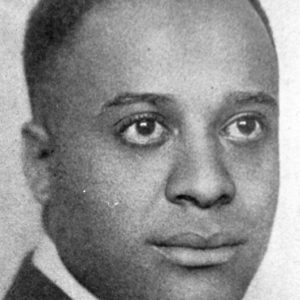 A. E. Bush
A. E. Bush
Carnes, Jack
aka: Samuel Jacob Carnes
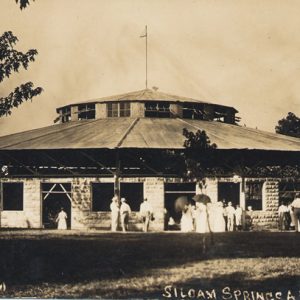 Chautauqua Building
Chautauqua Building
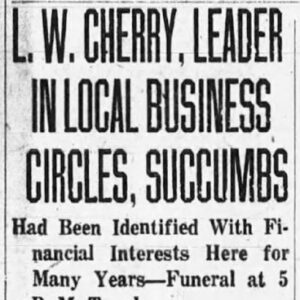 Lewis W. Cherry Article
Lewis W. Cherry Article
Cherry, Lewis Williamson
 Clark and Representatives
Clark and Representatives
Clarke, Faye
Claybrook, John C.
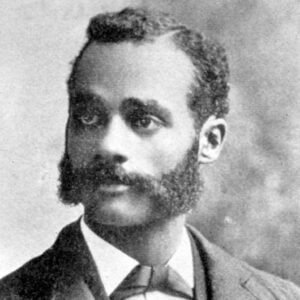 Frank Coffin
Frank Coffin
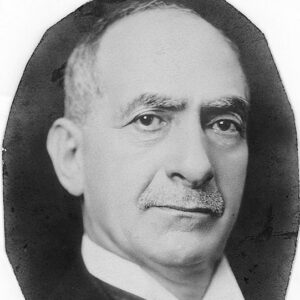 M. M. Cohn
M. M. Cohn
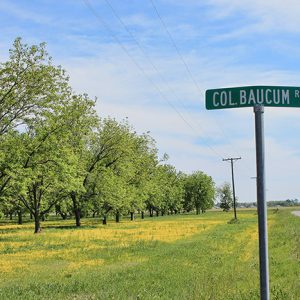 Col. Baucum Road
Col. Baucum Road
Coleman, Walter Carpenter (Walt), III
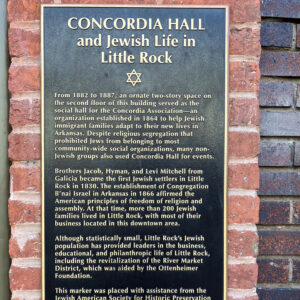 Concordia Club Sign
Concordia Club Sign
Cook, Virgil Young (V. Y.)
Cooper, John Alfred, Jr.
Cooper, John Alfred, Sr.
Cordell, Carl Richey “Cotton”
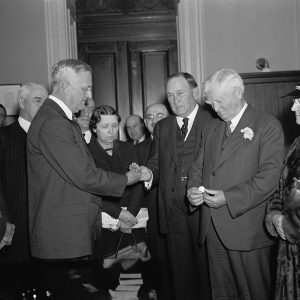 Couch in Washington
Couch in Washington
Couch, Harvey Crowley
Crossett, Edward Savage
Dalton, Donald
Davis, Gregory A.
Davis, William Delford (Willie)
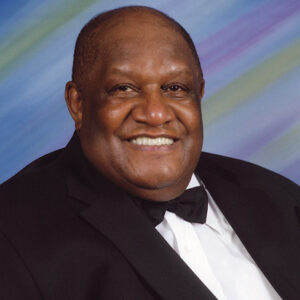 Willie Davis
Willie Davis
 Diamond Survey, 1888
Diamond Survey, 1888
Dickinson, Jim
Dierks, Herman
 William T. Dillard Degree
William T. Dillard Degree
Dillard, William Thomas
Dixon, Martha
Drennen, John
 Ebony Magazine
Ebony Magazine
Elsken, Conrad
aka: Conrad Ilsken
England, John Calhoun
Epstein, Sam
Faucette, James Peter
Faucette, Will
aka: William Chesley Faucette
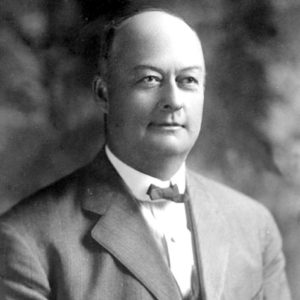 William Faucette
William Faucette
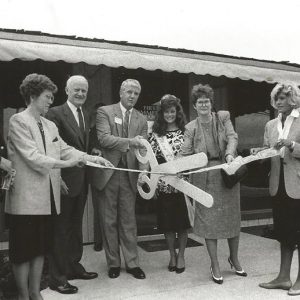 First Commercial Ribbon Cutting
First Commercial Ribbon Cutting
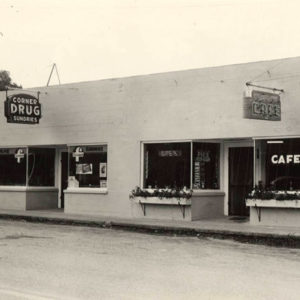 Flippin Storefronts
Flippin Storefronts
Ford, Joe Thomas
 Fordyce Letterhead
Fordyce Letterhead
Fordyce, John Rison
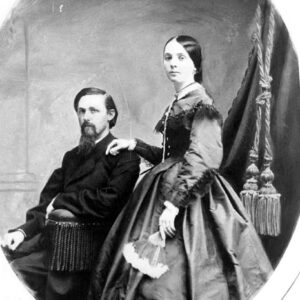 Samuel and Susan Fordyce
Samuel and Susan Fordyce
Fordyce, Samuel Wesley
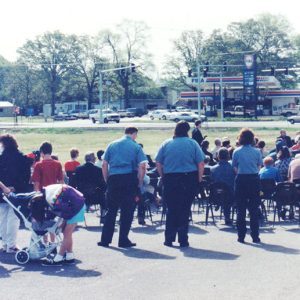 Foster Memorial Highway Dedication
Foster Memorial Highway Dedication




